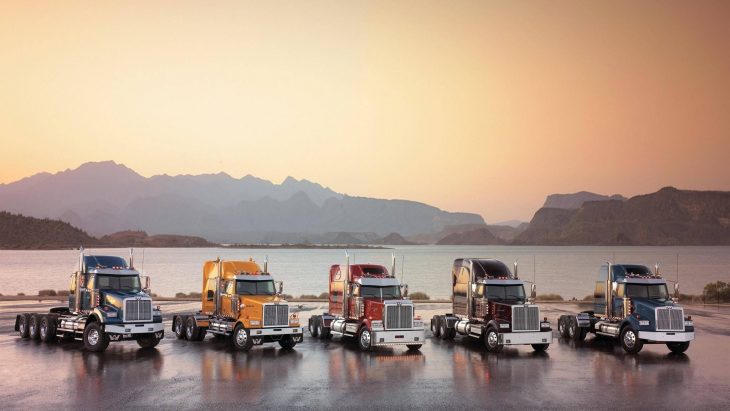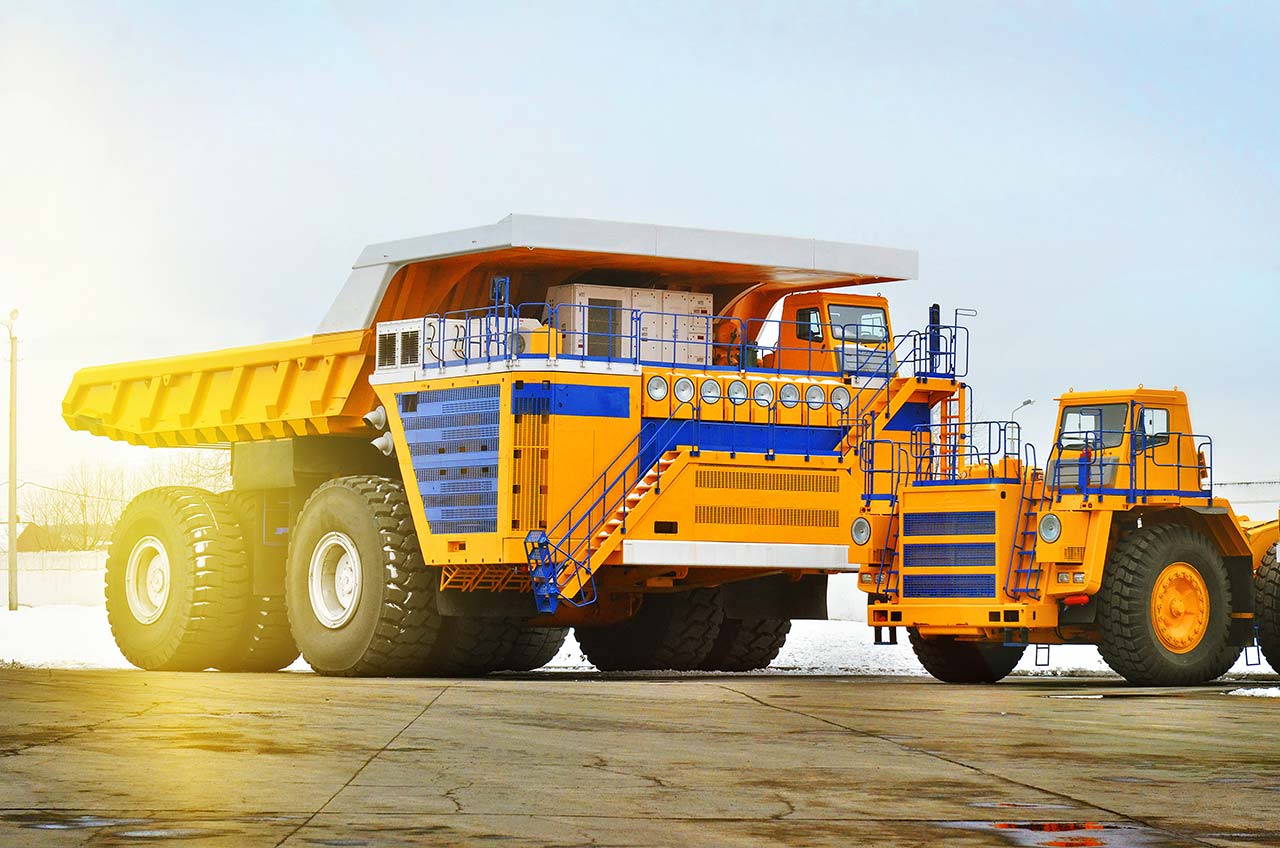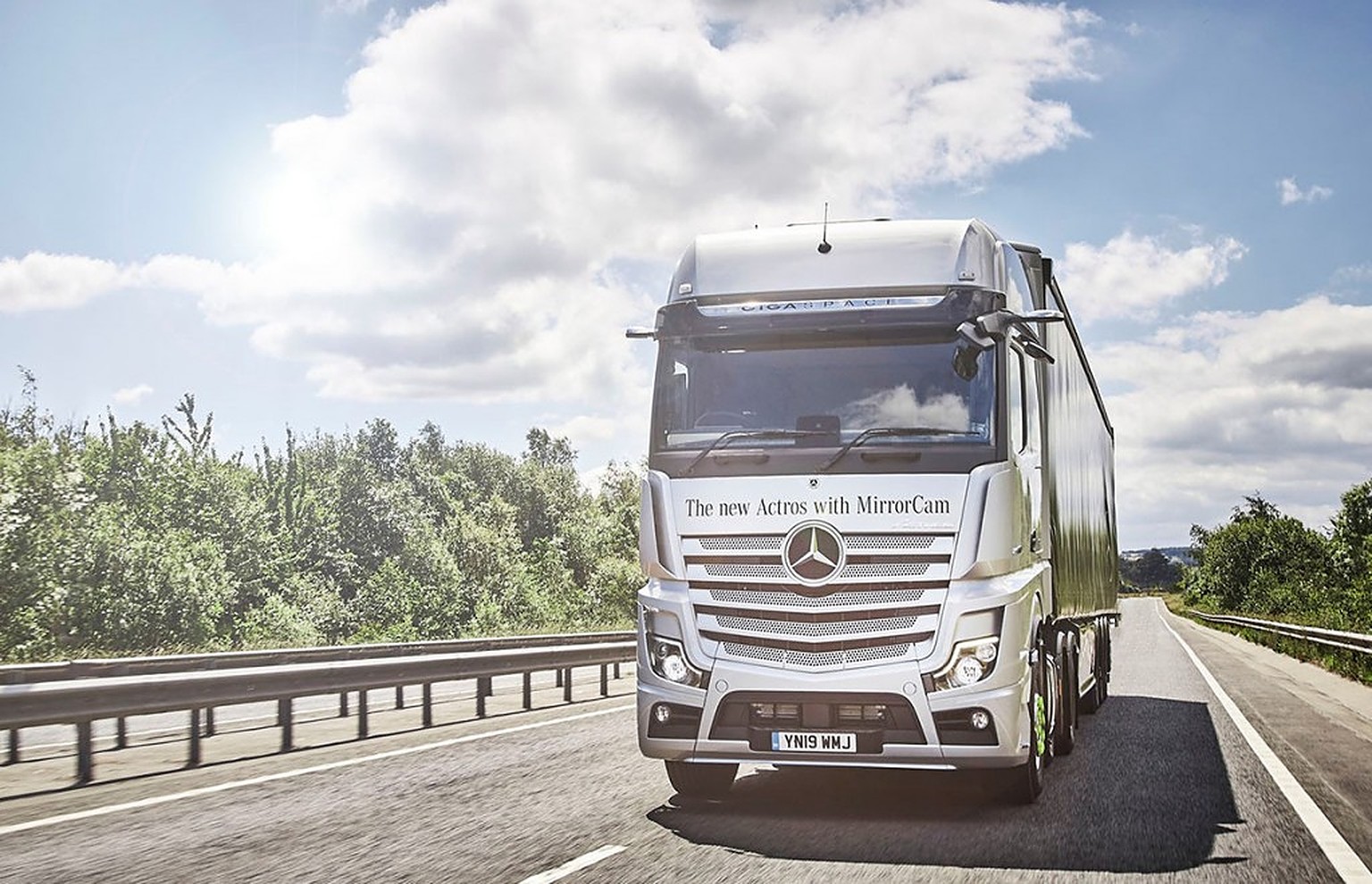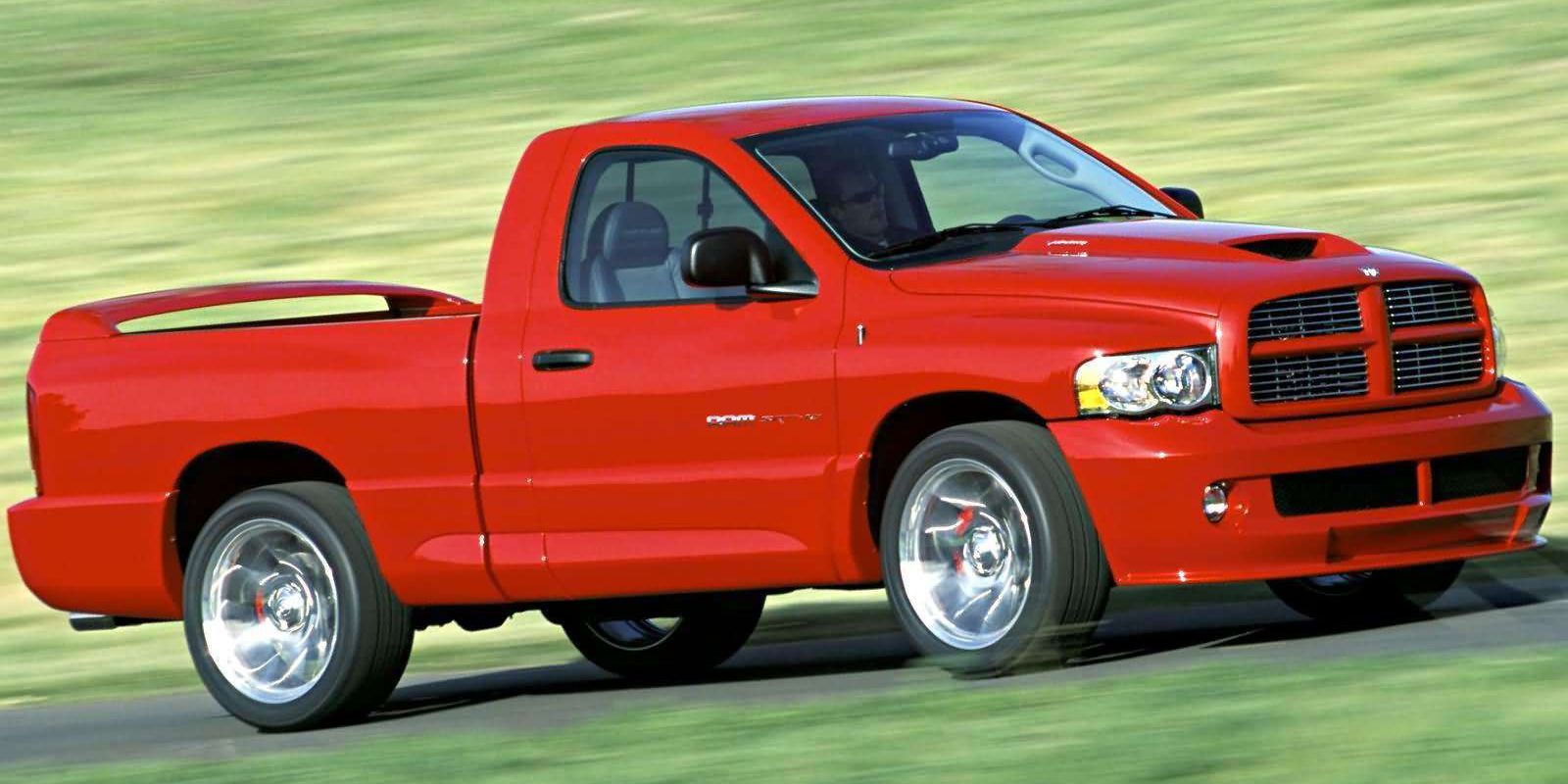
Trucks are an integral part of our modern transportation system, carrying goods and materials across vast distances. These mighty vehicles play a vital role in various industries, including logistics, construction, and agriculture. Whether you’re an admirer of trucks or simply curious about these impressive machines, here are 20 fascinating facts that will take you on an exciting journey into the world of trucks.
The Birth of the Truck
The concept of the truck dates back to the late 18th century when steam-powered wagons were used to transport goods. However, it wasn’t until 1896 that the first gasoline-powered truck, known as the “Quadricycle,” was introduced by the Duryea Brothers in the United States.
Trucks and the Economy
Trucks play a crucial role in the economy, facilitating the movement of goods and materials across the country. In the United States alone, trucks transport approximately 70% of all freight, making them a lifeline for businesses and consumers alike.
The Longest Trucks
The Guinness World Record for the longest truck was set in Australia in 2006. This mammoth vehicle measured a staggering 205.79 feet (62.63 meters) long and consisted of 112 trailers. Imagine the sight of this colossal truck rolling down the highway!
The World’s Largest Truck
The world’s largest truck, the BelAZ 75710, is a true giant. Manufactured in Belarus, this massive vehicle stands at an astonishing height of 26 feet (7.9 meters) and weighs a jaw-dropping 360 tons. With a payload capacity of 450 tons, it is primarily used in mining operations.

The Most Popular Truck Brands
When it comes to truck brands, some names stand out. The top contenders in the market include Ford, Chevrolet, Ram, and GMC. These manufacturers offer a range of models that cater to different needs, from heavy-duty trucks for construction to sleek pickups for everyday use.
The First Semi-Truck
The first semi-truck, also known as an articulated truck, was built in 1898 by Alexander Winton. This innovative design allowed for better maneuverability and increased payload capacity, revolutionizing the transportation industry.
The Impact of Trucks on Infrastructure
Trucks, especially heavy-duty ones, exert significant stress on the road infrastructure. As a result, engineers and city planners must design and construct roads, bridges, and highways that can withstand the weight and constant traffic of these powerful vehicles.
The Trucking Industry and Employment
The trucking industry is a significant employer worldwide, providing jobs for millions of people. From truck drivers to mechanics and logistics managers, the industry offers a wide range of career opportunities.
The Evolution of Truck Design
Over the years, truck design has evolved to enhance functionality and efficiency. Modern trucks feature aerodynamic shapes, lightweight materials, and advanced technologies that optimize fuel consumption and reduce carbon emissions.
The Most Expensive Truck
The most expensive truck in the world is the Mercedes-Benz Actros 1853 LS. Packed with luxurious amenities and cutting-edge technology, this premium truck comes with a hefty price tag of over $150,000.

Truck Racing
Truck racing is a thrilling motorsport that showcases the power and agility of these impressive vehicles. Competitions take place on specially designed tracks, where drivers push their trucks to the limit, thrilling spectators with adrenaline-pumping races.
The Invention of Power Steering
Power steering, a feature we often take for granted in modern vehicles, was first introduced in trucks. In 1903, a mechanic named Francis W. Davis invented the hydrostatic power steering system, which made steering heavy trucks much easier.
The Famous Ice Road Truckers
The reality TV series “Ice Road Truckers” brought the perilous world of ice road trucking to the spotlight. The show follows brave truckers as they navigate treacherous icy terrains, battling extreme weather conditions and facing constant danger.
Trucks in the Military
Trucks play a vital role in military operations, transporting troops, supplies, and equipment. The military utilizes specialized trucks designed for off-road conditions and combat situations, ensuring the efficiency and mobility of armed forces worldwide.
The Impact of Autonomous Trucks
The rise of autonomous technology has paved the way for self-driving trucks. These vehicles have the potential to transform the trucking industry, reducing human error, improving fuel efficiency, and optimizing delivery times.
The Fastest Production Truck
The title of the fastest production truck goes to the Dodge Ram SRT-10. This beastly pickup truck, equipped with a Viper V10 engine, can reach an impressive top speed of 154 miles per hour (248 kilometers per hour). Buckle up for a thrilling ride!

The Fuel Efficiency Challenge
Truck manufacturers are continuously striving to improve fuel efficiency, driven by the need to reduce emissions and operating costs. Advancements in engine technology, aerodynamics, and alternative fuels are helping to make trucks more eco-friendly.
Trucks and Global Trade
Global trade heavily relies on trucks for the transportation of goods from ports and warehouses to their final destinations. Without trucks, the smooth flow of international trade would be severely disrupted.
The Life of a Trucker
Being a truck driver is no easy task. Long hours on the road, irregular schedules, and time away from home make it a challenging profession. However, for many truckers, the sense of freedom and the opportunity to explore new places make it a rewarding career choice.
The Future of Trucks
The future of trucks looks promising. With advancements in electric and hydrogen fuel cell technologies, trucks are poised to become greener and more sustainable. Furthermore, the integration of artificial intelligence and connectivity will lead to smarter and more efficient trucking operations.
Conclusion
Trucks are more than just vehicles; they are the backbone of modern transportation and global commerce. From their humble beginnings to their impressive capabilities today, trucks have come a long way. As we look ahead to the future, we can expect trucks to continue evolving, embracing new technologies, and playing an essential role in shaping the way we transport goods and connect communities.
Frequently Asked Questions (FAQs)
What is the average lifespan of a truck?
The average lifespan of a truck depends on various factors such as maintenance, usage, and operating conditions. On average, a well-maintained truck can last between 15 and 20 years.
How much weight can a typical truck carry?
The weight-carrying capacity of a truck varies depending on its classification. Light-duty trucks can typically carry up to 6,000 pounds (2,722 kilograms), while heavy-duty trucks can haul loads exceeding 33,000 pounds (14,969 kilograms) or more.
What is the most popular type of truck?
Pickup trucks are the most popular type of truck, offering versatility for both personal and commercial use. They come in different sizes and configurations to suit various needs.
How many gallons of fuel does a truck consume on average?
The fuel consumption of a truck depends on factors such as its size, load, and driving conditions. On average, a heavy-duty truck consumes approximately 7 to 8 miles per gallon (2.97 to 3.40 kilometers per liter) of fuel.
Are there any eco-friendly trucks available?
Yes, manufacturers are developing eco-friendly trucks that run on alternative fuels such as electricity, hydrogen, and natural gas. These trucks aim to reduce carbon emissions and promote sustainability in the transportation industry.
Was this page helpful?
Our commitment to delivering trustworthy and engaging content is at the heart of what we do. Each fact on our site is contributed by real users like you, bringing a wealth of diverse insights and information. To ensure the highest standards of accuracy and reliability, our dedicated editors meticulously review each submission. This process guarantees that the facts we share are not only fascinating but also credible. Trust in our commitment to quality and authenticity as you explore and learn with us.
